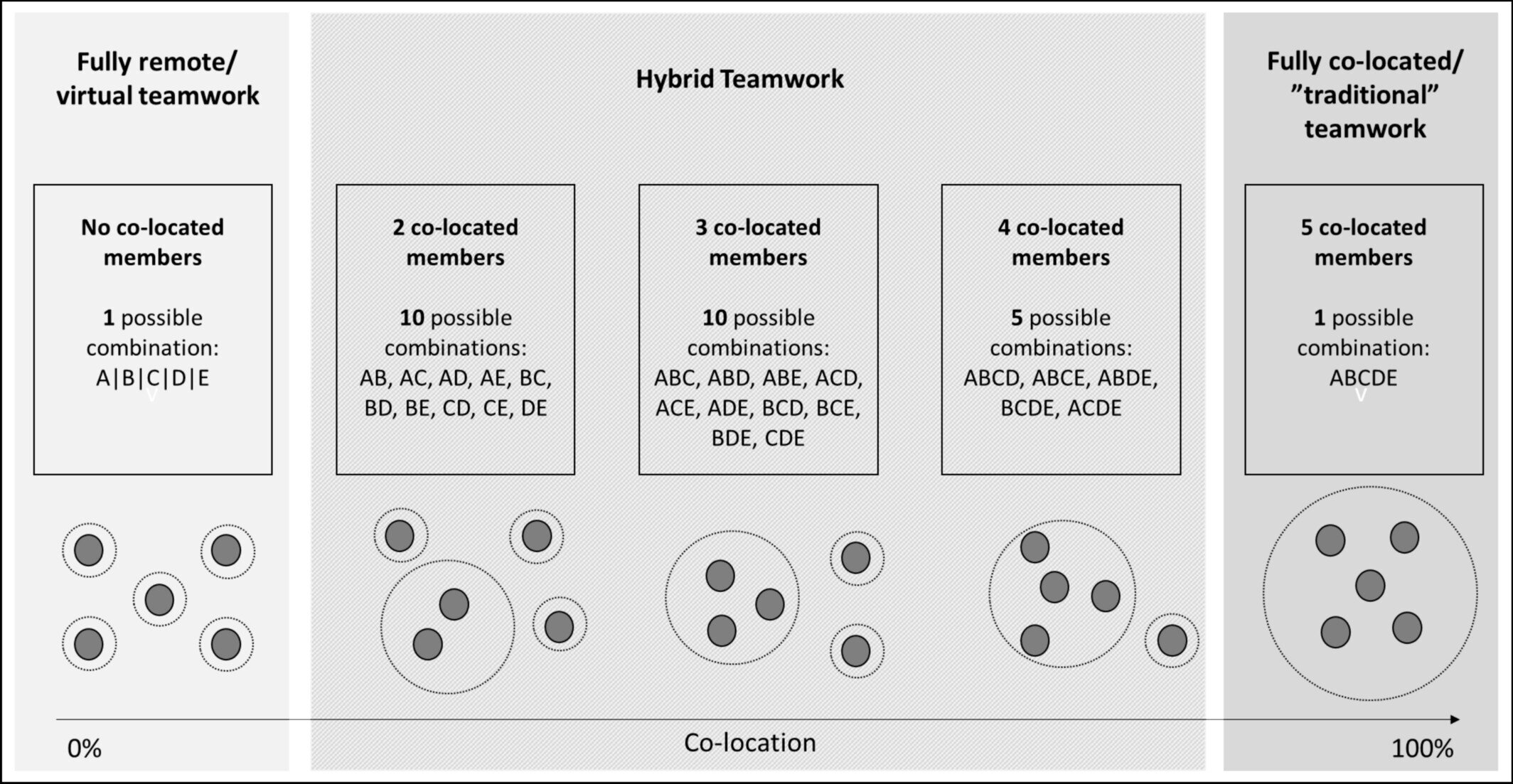Sustaining the established order
Whereas Google’s sandbox venture is wanting extra directionless as we speak, it isn’t utterly ending the initiative. The group nonetheless plans to deploy promised enhancements in Chrome’s Incognito Mode, which has been re-architected to protect consumer privateness after quite a few complaints. Incognito Mode blocks all third-party cookies, and later this 12 months, it is going to achieve IP safety, which masks a consumer’s IP tackle to guard towards cross-site monitoring.
Chavez admits that this modification will imply Google’s Privateness Sandbox APIs can have a “completely different position to play” out there. That is a sort solution to put it. Google will proceed growing these instruments and can work with trade companions to discover a path ahead within the coming months. The corporate nonetheless hopes to see adoption of the Privateness Sandbox improve, however the trade is unlikely to surrender on cookies voluntarily.
Whereas Google focuses on how advert privateness has improved because it started engaged on the Privateness Sandbox, the adjustments in Google’s authorized publicity are in all probability extra related. Since launching this system, Google has misplaced three antitrust circumstances, two of that are related right here: the search case presently within the treatment section and the newly determined advert tech case. As the federal government begins arguing that Chrome offers Google an excessive amount of energy, it could be a nasty look to drive a realignment of the promoting trade utilizing the dominance of Chrome.
In some methods, this can be a loss—monitoring cookies are undeniably horrible, and Google’s proposed various is best for privateness, no less than on paper. Nevertheless, common adoption of the Privateness Sandbox may additionally give Google extra energy than it already has, and the supposed privateness benefits could by no means have totally materialized as Google continues to hunt larger income.





